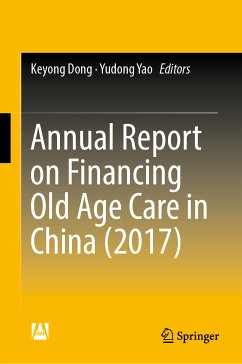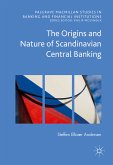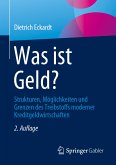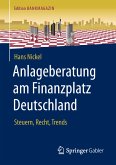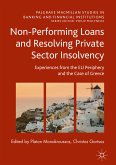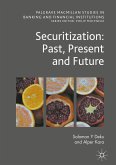This book provides comprehensive analysis and descriptions of China's ageing finance system .China is undergoing the larges, fastest and longest process of population ageing in the world. It becomes a pressing challenge to Chinese social security system in this era. Many developed countries have been going through this process. Pension and other financial tools have been studied and practiced for decades. China now is developing its own ageing finance systems by learning from other countries' experiences and making innovations to suit the country's request. Finance, a field that deals with the study of investments and the science of money management, is the most important tool to manage this situation. And hence Ageing finance has been developed into an independent area for research and practice. It helps the country adapt to new elderly support systems which is the necessary result from China's admirable economic development and changes in population structure. Ageing finance is the sum of financial activities centered on various social need of providing for the aged and serving for their society. It includes pension finance,old age wealth management service and finance of ageing industry.
Chinese government and people are facing a very unique situation as our population structure is deeply changed by the One Child Policy since last 70s. The slope of ageing curve is sharper than most countries yet it has achieved the most successful economic development in the world during the same period. As China is developing old aged social security system, academic researchers, financial practitioners and policy makers world-wide are most interested in this process and look forward to new theories, innovations and lessons raised from it.
Dieser Download kann aus rechtlichen Gründen nur mit Rechnungsadresse in A, B, BG, CY, CZ, D, DK, EW, E, FIN, F, GR, HR, H, IRL, I, LT, L, LR, M, NL, PL, P, R, S, SLO, SK ausgeliefert werden.
Es gelten unsere Allgemeinen Geschäftsbedingungen: www.buecher.de/agb
Impressum
www.buecher.de ist ein Internetauftritt der buecher.de internetstores GmbH
Geschäftsführung: Monica Sawhney | Roland Kölbl | Günter Hilger
Sitz der Gesellschaft: Batheyer Straße 115 - 117, 58099 Hagen
Postanschrift: Bürgermeister-Wegele-Str. 12, 86167 Augsburg
Amtsgericht Hagen HRB 13257
Steuernummer: 321/5800/1497
USt-IdNr: DE450055826
Bitte wählen Sie Ihr Anliegen aus.
Rechnungen
Retourenschein anfordern
Bestellstatus
Storno

